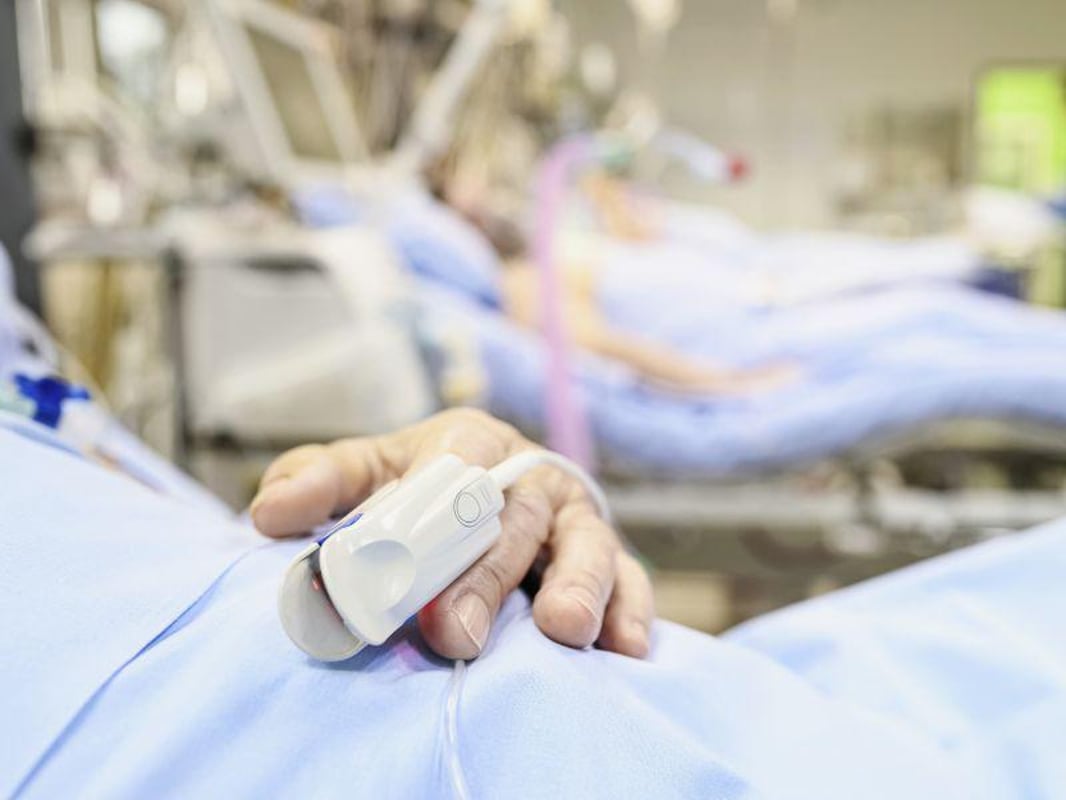Extracorporeal CPR Does Not Offer More Favorable Neurologic Outcome

WEDNESDAY, Jan. 25, 2023 (HealthDay News) -- For patients with out-of-hospital cardiac arrest, extracorporeal cardiopulmonary resuscitation (CPR) does not improve favorable neurologic outcome compared with conventional CPR, according to a study published in the Jan. 26 issue of the New England Journal of Medicine.
Martje M. Suverein, M.D., from Maastricht University in the Netherlands, and colleagues randomly assigned patients aged 18 to 70 years with an out-of-hospital cardiac arrest who had received bystander CPR, had an initial ventricular arrhythmia, and did not have return of spontaneous circulation within 15 minutes after initiation of CPR to receive extracorporeal CPR or conventional CPR (70 and 64 patients, respectively). Survival with a favorable neurologic outcome at 30 days was assessed as the primary outcome.
The researchers found that 20 and 16 percent of patients in the extracorporeal CPR and conventional CPR groups, respectively, were alive with a favorable neurologic outcome at 30 days (odds ratio, 1.4; 95 percent confidence interval, 0.5 to 3.5; P = 0.52). The two groups had a similar number of serious adverse events reported per patient.
"Available data do not yet support the broad use of extracorporeal CPR in patients with witnessed out-of-hospital cardiac arrest," write the authors of an accompanying editorial. "Definitive evaluation of extracorporeal CPR will probably require studies on a much larger scale with robust statistical power to estimate any potential benefit of this resource-intensive strategy."
Abstract/Full Text (subscription or payment may be required)
Editorial (subscription or payment may be required)
Related Posts
Effect of Testosterone Examined From Adolescence Into Adulthood
FRIDAY, June 23, 2023 (HealthDay News) -- Between middle and late adolescence,...
In Mississippi, a Huge Jump in Cases of Babies Born With Syphilis
THURSDAY, Sept. 21, 2023 (HealthDay News) -- The United States is experiencing...
¿Qué tan efectiva (y segura) es la cirugía de hombro?
VIERNES, 8 de julio de 2022 (HealthDay News) -- Si su médico le ha dicho que...
How to Get Rid of a Toothache: The Best Remedies
MONDAY, April 24, 2023 (HealthDay News) -- If you have experienced a toothache,...
